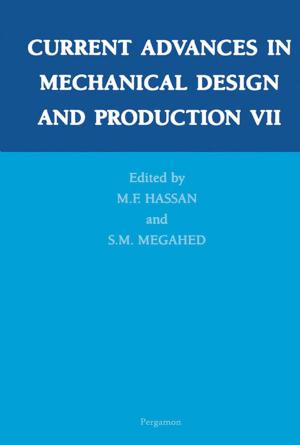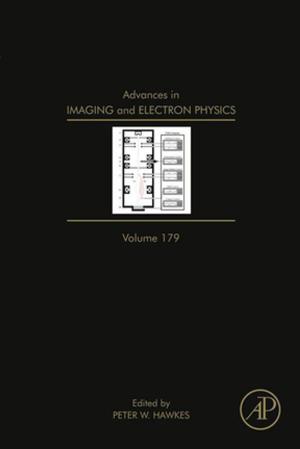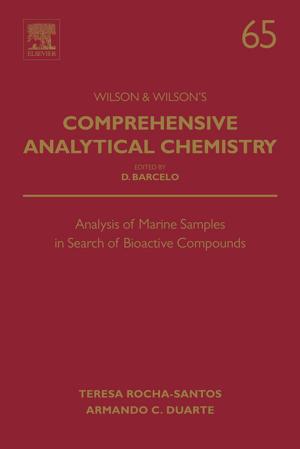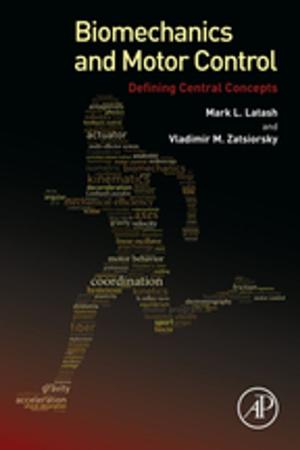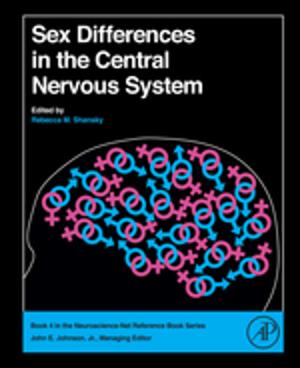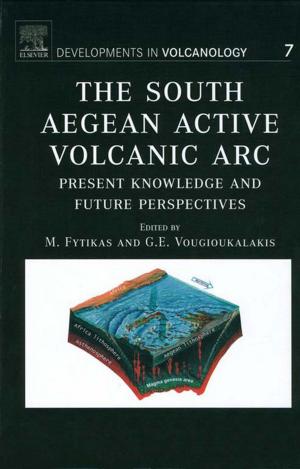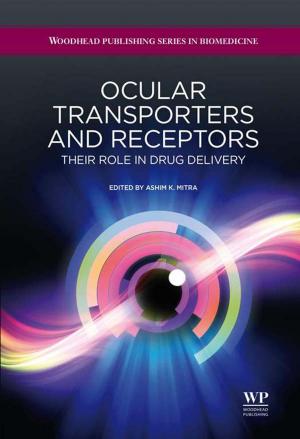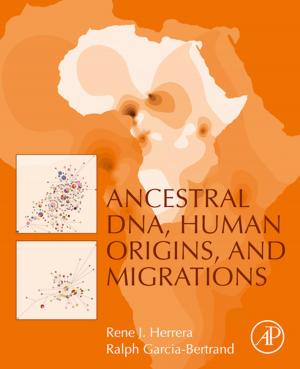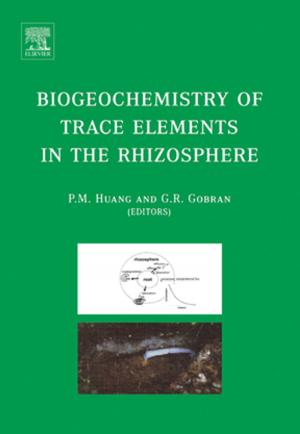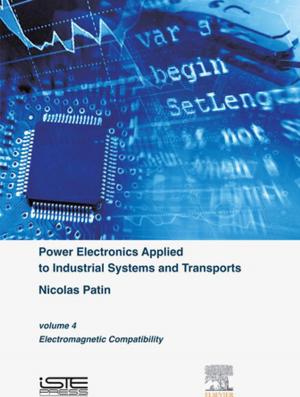Reactions in the Solid State
Nonfiction, Science & Nature, Science, Chemistry, Physical & Theoretical| Author: | ISBN: | 9780080868165 | |
| Publisher: | Elsevier Science | Publication: | January 1, 1980 |
| Imprint: | Elsevier Science | Language: | English |
| Author: | |
| ISBN: | 9780080868165 |
| Publisher: | Elsevier Science |
| Publication: | January 1, 1980 |
| Imprint: | Elsevier Science |
| Language: | English |
The whole of Volume 22 is devoted to the kinetics and mechanisms of the decomposition and interaction of inorganic solids, extended to include metal carboxylates. After an introductory chapter on the characteristic features of reactions in the solid phase, experimental methods of investigation of solid reactions and the measurement of reaction rates are reviewed in Chapter 2 and the theory of solid state kinetics in Chapter 3. The reactions of single substances, loosely grouped on the basis of a common anion since it is this constituent which most frequently undergoes breakdown, are discussed in Chapter 4, the sequence being effectively that of increasing anion complexity. Chapter 5 covers reactions between solids, and includes catalytic processes where one solid component remains unchanged, double compound formation and rate processes involving the interactions of more than three crystalline phases. The final chapter summarises the general conclusions drawn in the text of Chapter 2-5.
The whole of Volume 22 is devoted to the kinetics and mechanisms of the decomposition and interaction of inorganic solids, extended to include metal carboxylates. After an introductory chapter on the characteristic features of reactions in the solid phase, experimental methods of investigation of solid reactions and the measurement of reaction rates are reviewed in Chapter 2 and the theory of solid state kinetics in Chapter 3. The reactions of single substances, loosely grouped on the basis of a common anion since it is this constituent which most frequently undergoes breakdown, are discussed in Chapter 4, the sequence being effectively that of increasing anion complexity. Chapter 5 covers reactions between solids, and includes catalytic processes where one solid component remains unchanged, double compound formation and rate processes involving the interactions of more than three crystalline phases. The final chapter summarises the general conclusions drawn in the text of Chapter 2-5.


